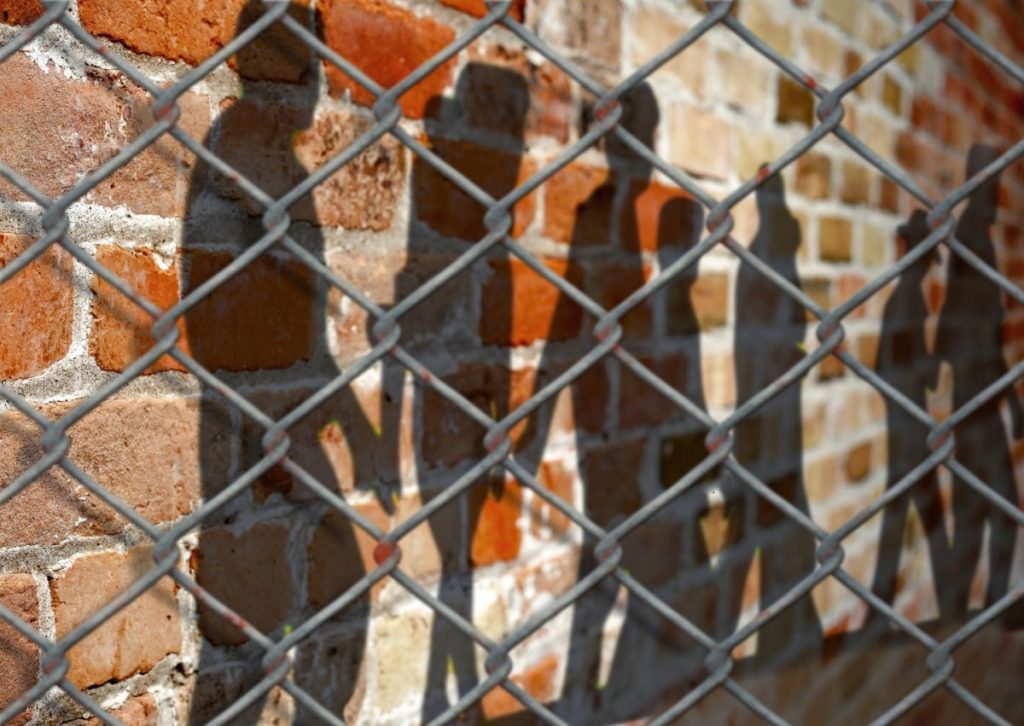By Damon Culbert
Last year, there were over 2,000 unaccompanied children who claimed asylum in the UK. These children have come from countries such as Sudan, Eritrea and Syria, fleeing civil war and political instability. The UK and Europe are seen as safe havens from these troubles and many families send their children ahead without them for a chance at a better life.
Currently, the government’s policy is that only refugees over the age of 18 are allowed to sponsor family members to join them in the UK. This leaves thousands of children alone in a foreign country with little of the vital support that they need. These children often struggle with mental health issues after the ordeal of their displacement or journey to the UK.
There are also tight restrictions to the definition of ‘family’ for asylum sponsorship. This means that elderly parents and adult children are unable to join their families and are often left in refugee camps or remain in their devastated homelands.


The family reunion bill was introduced by Angus MacNeil, MP for Na h-Eileanan an Iar. It has been drawn up with contribution from five major refugee aid organisations in the UK. The UK and Denmark are the only EU countries that still disallow child refugees from sponsoring their family members to join them, making this a priority for the campaigners.
The central asks of the five organisations are as follows:
- Child refugees securing the right to sponsor their family, to have access to a support system and to help integrate into their communities;
- A redefinition of family so that children who are over 18, as well as elderly parents, can apply for asylum and join their families;
- The reintroduction of legal aid for refugee cases so that refugees have fair access to legal support throughout their applications.
Having passed its first reading, the second reading will be an opportunity for MPs to properly debate its general themes.
This bill has been passed as a private member’s bill, meaning that it is not part of the government’s planned legislation. These bills often have less time allocated to them in parliament. As a result, they often fail to make it through every stage of each house and rarely make it into law.
In a bid to give it its best shot, Amnesty International, one of the five charities backing the bill, organised a celebrity campaign to show support. Stars such as Game of Thrones’ Gwendoline Christie, David Morrisey and Vivienne Westwood have put their faces to the bill, as the charity hopes to draw MPs’ attention and sympathy.
Refugee status in the UK grants you leave to remain for up to five years. If you have been granted asylum, you are able to sponsor your close relatives as long as they are facing similar persecution in your home country. Applications can be complex and often require multiple forms of ID and proof of relationship between sponsor and applicant.
The passing of this bill could have major implications for the thousands of children isolated from their families when they need them most. There are many stages left for this bill to pass, but a success on Friday could give hope to those suffering in the asylum system.
Damon Culbert is a correspondent at the Immigration Advice Service.
The opinions in politics.co.uk's Comment and Analysis section are those of the author and are no reflection of the views of the website or its owners.












